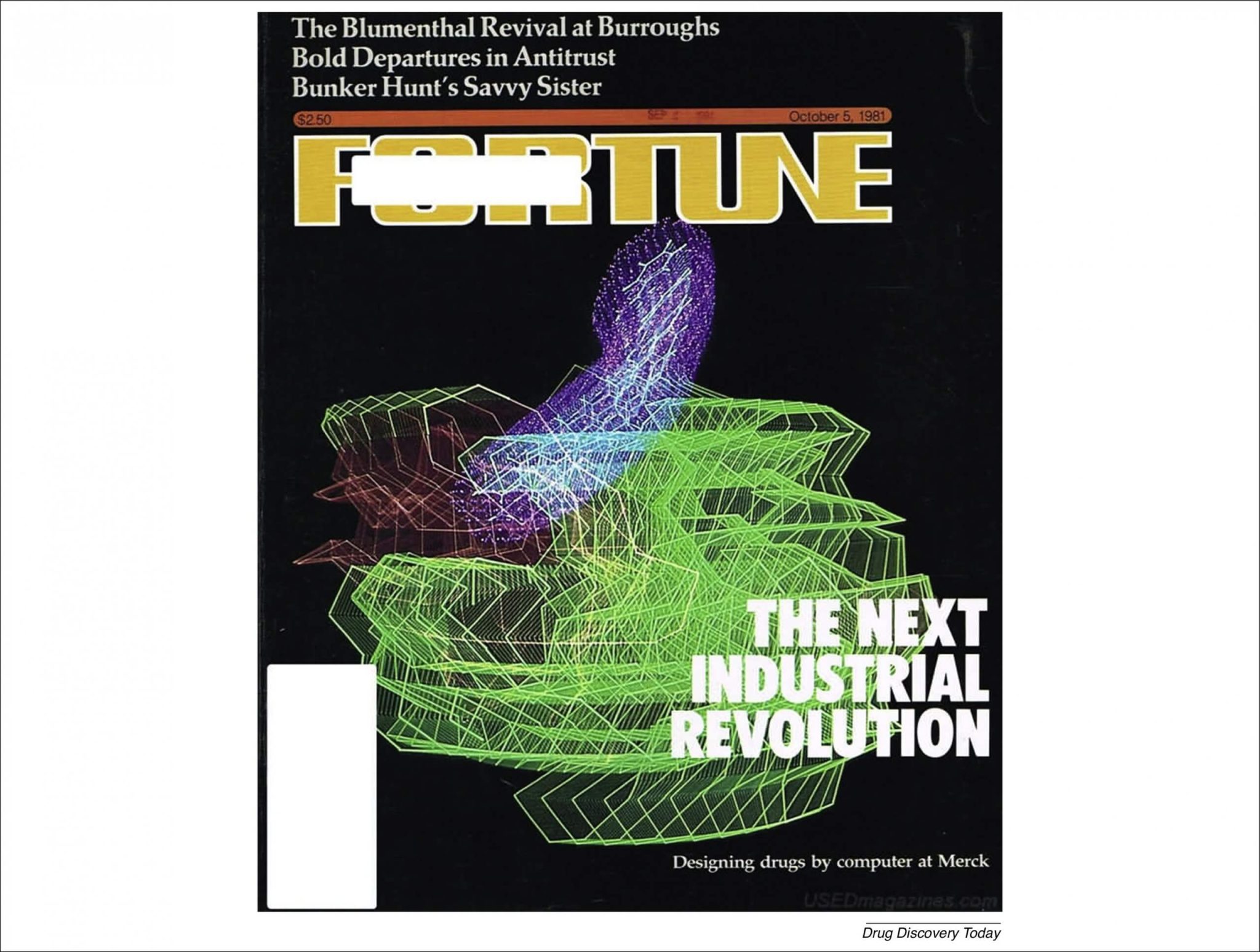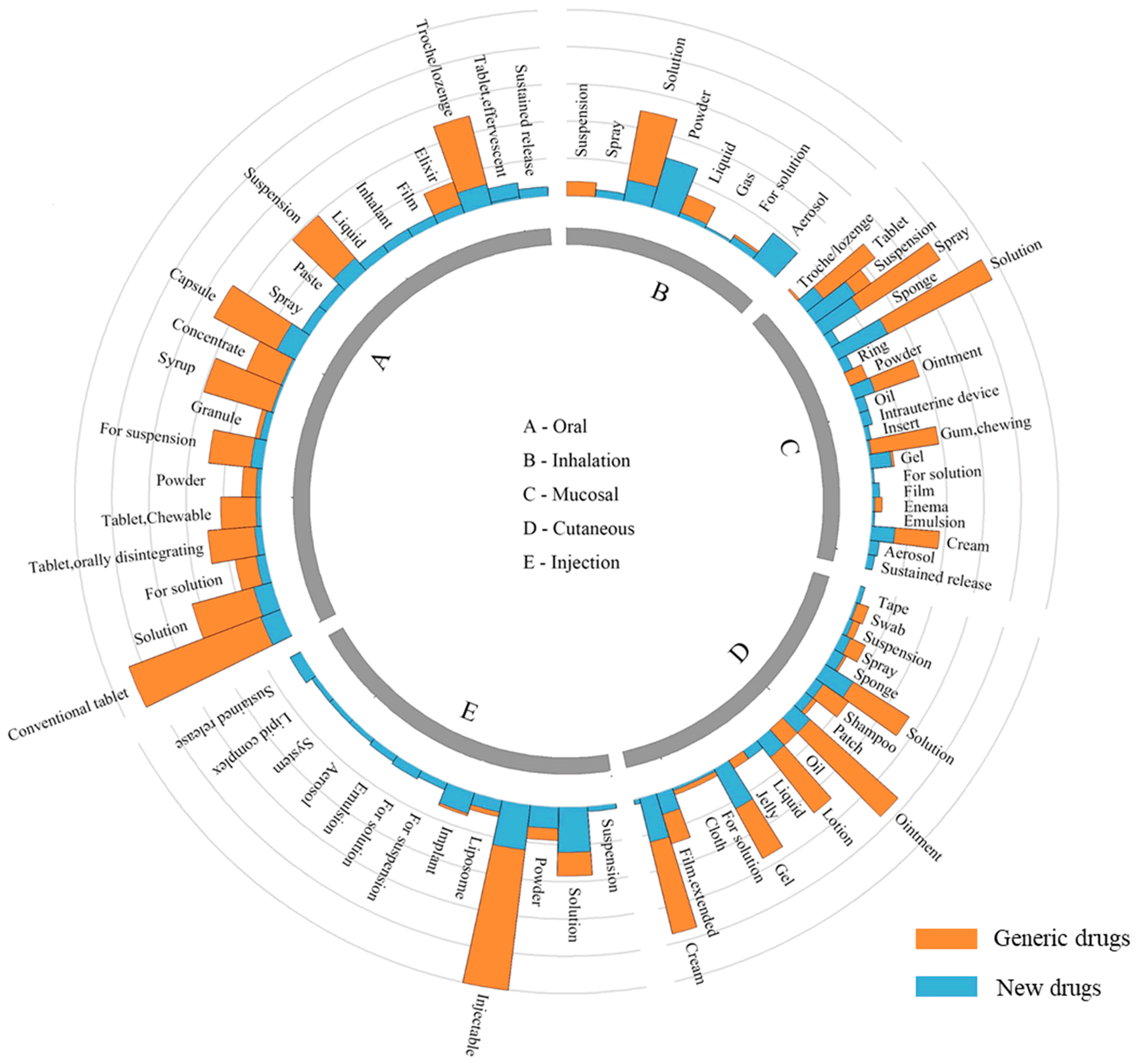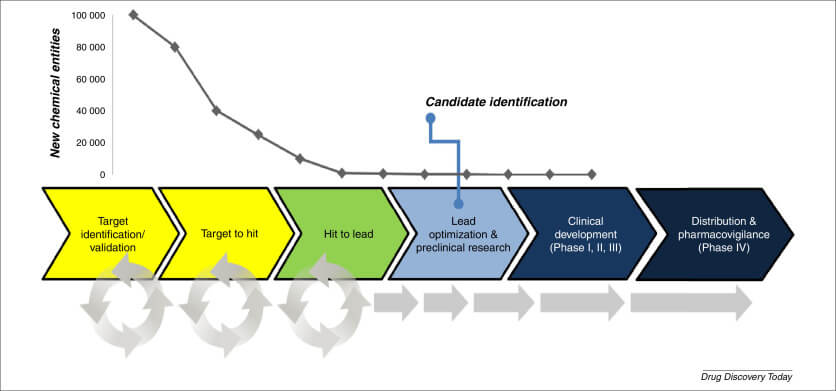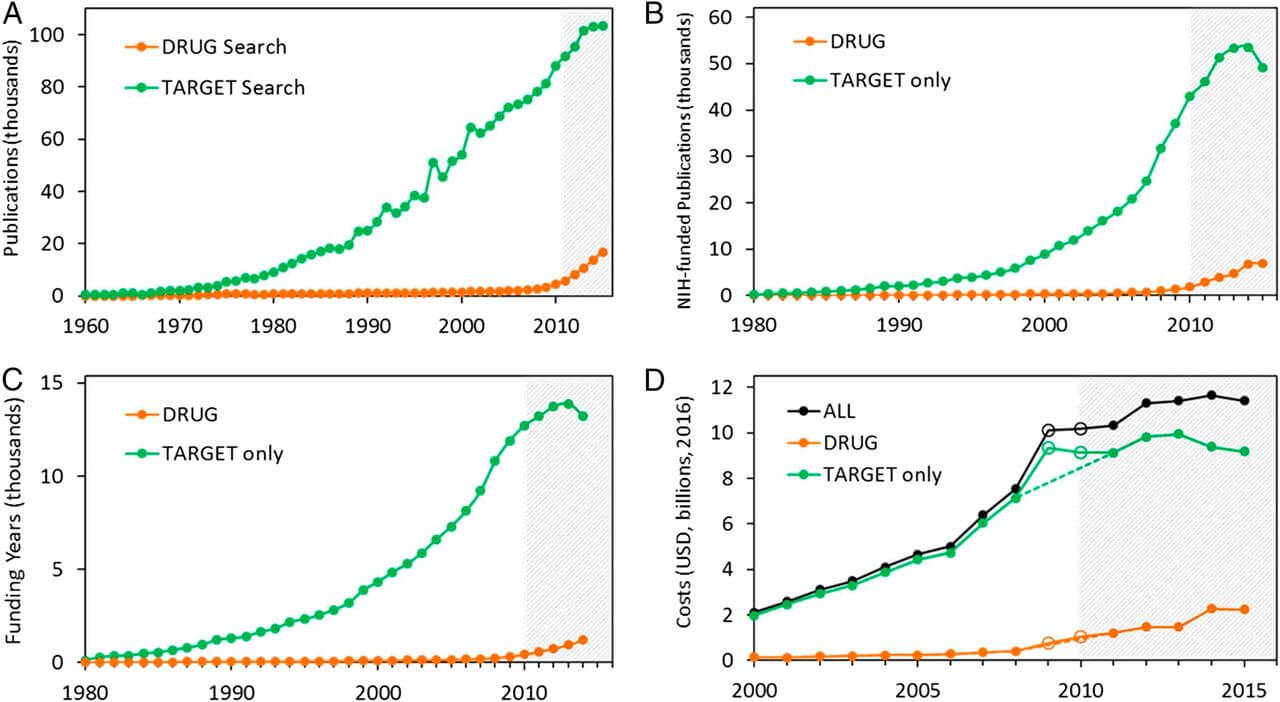
Flexibility has become more than just a buzzword – it’s a necessity. Contract Development and Manufacturing Organizations (CDMOs) are at the forefront of this shift, playing a crucial role in bringing innovative therapies to market. But what exactly makes flexibility so important for CDMOs, and how can they cultivate this essential trait? Let’s dive into the world of pharmaceutical outsourcing and explore why adaptability is the key to success.
The Evolving Role of CDMOs in the Pharmaceutical Industry
Gone are the days when CDMOs were mere service providers. Today, they’re strategic partners in drug development and manufacturing, offering end-to-end solutions that can make or break a pharmaceutical company’s success.
From Service Providers to Solution Architects
CDMOs have undergone a remarkable transformation over the years. As Vinay Saluja, Global Head Development Services at CDMO Novartis, aptly puts it:
“Contract development and manufacturing organisations (CDMOs) used to provide services, but now they provide solutions”[6].
This shift reflects the increasing complexity of drug development and the need for specialized expertise at every stage of the process.
The Rise of Flexible Manufacturing Systems (FMS)
One of the most significant advancements in CDMO operations has been the adoption of Flexible Manufacturing Systems (FMS). These modular setups allow for customizable production lines, opening doors to unlimited opportunities in drug development[2].
Benefits of FMS in Pharmaceutical Manufacturing
- Space efficiency
- Reduced risk of cross-contamination
- Increased production speed
- Adaptability to various processes and products
Why Flexibility Matters in CDMO Partnerships
In an industry where change is the only constant, flexibility can mean the difference between success and failure. Let’s explore why adaptability is so crucial for CDMOs.
Responding to Market Demands
The pharmaceutical market is notoriously unpredictable. A sudden surge in demand for a particular drug or a shift in regulatory requirements can throw carefully laid plans into disarray. Flexible CDMOs can quickly pivot to meet these changing needs, ensuring uninterrupted supply chains and faster time-to-market for critical therapies.
Accommodating Diverse Client Needs
No two pharmaceutical companies are alike, and neither are their projects. A flexible CDMO can tailor its services to meet the unique requirements of each client, whether it’s a small biotech startup or a global pharmaceutical giant.
Navigating Regulatory Challenges
The regulatory landscape in pharmaceuticals is constantly evolving. CDMOs that can adapt quickly to new guidelines and requirements are better positioned to help their clients navigate these complex waters.
Key Elements of CDMO Flexibility
Flexibility isn’t just about being able to change direction quickly. It encompasses various aspects of a CDMO’s operations and mindset. Let’s break down the key elements that make a CDMO truly flexible.
Technological Adaptability
In an industry driven by innovation, CDMOs must stay at the forefront of technological advancements. This means not only investing in cutting-edge equipment but also being willing to adopt new methodologies and processes.
Embracing Digital Transformation
The role of Big Data and Artificial Intelligence in healthcare is growing exponentially. Forward-thinking CDMOs are leveraging these technologies to optimize their processes and offer more value to their clients[4].
Scalable Capacity
One of the most critical aspects of CDMO flexibility is the ability to scale production up or down based on client needs. As Dr. Vladas Algirdas Bumelis, CEO of Northway Biotech, notes:
“It’s important that we increased our capacity offering, we now offer a 5,000 liter and additional 2,000 liter bioreactor lines at our facilities”[3].
This scalability ensures that CDMOs can accommodate projects of various sizes and complexities.
Diverse Service Offerings
Flexible CDMOs don’t just offer a one-size-fits-all solution. They provide a range of services that can be mixed and matched to create tailored solutions for each client.
Integrated End-to-End Solutions
From early-stage development to commercial manufacturing, flexible CDMOs offer seamless integration across the entire drug lifecycle. This comprehensive approach can significantly reduce time-to-market and streamline the development process.
Agile Project Management
In the fast-paced world of pharmaceutical development, the ability to adapt quickly to changing project requirements is crucial. Agile project management methodologies allow CDMOs to respond swiftly to unexpected challenges and opportunities.
The Impact of Flexibility on CDMO-Client Relationships
Flexibility doesn’t just benefit the CDMO – it’s a game-changer for their clients as well. Let’s explore how adaptability can strengthen these crucial partnerships.
Building Trust Through Responsiveness
When CDMOs demonstrate their ability to adapt to changing circumstances, it builds confidence in their clients. This trust is the foundation of long-term, mutually beneficial relationships.
Enabling Innovation
Flexible CDMOs are better equipped to support their clients’ innovative projects. By being open to new ideas and willing to explore uncharted territories, these organizations become true partners in innovation.
Mitigating Risks
In the unpredictable world of drug development, flexibility acts as a buffer against potential risks. CDMOs that can quickly adjust their strategies help their clients navigate unforeseen challenges more effectively.
Challenges in Cultivating CDMO Flexibility
While the benefits of flexibility are clear, achieving it is not without its challenges. Let’s examine some of the hurdles CDMOs face in their quest for adaptability.
Balancing Flexibility with Efficiency
There’s often a tension between flexibility and operational efficiency. CDMOs must find ways to remain adaptable without sacrificing the streamlined processes that keep costs down and productivity high.
Investing in Versatile Technologies
Staying at the cutting edge of pharmaceutical technology requires significant investment. CDMOs must carefully balance the need for flexible, state-of-the-art equipment with financial considerations.
Cultivating a Flexible Workforce
True flexibility starts with people. CDMOs need to foster a culture of adaptability among their employees, encouraging continuous learning and a willingness to embrace change.
Strategies for Enhancing CDMO Flexibility
So, how can CDMOs cultivate the flexibility they need to thrive in today’s pharmaceutical landscape? Here are some key strategies to consider.
Embracing Modular Manufacturing
Modular manufacturing facilities allow CDMOs to quickly reconfigure their production lines to meet changing demands. This approach offers unparalleled flexibility in terms of both capacity and capabilities.
Investing in Cross-Training
By developing a workforce with diverse skills, CDMOs can more easily adapt to different project requirements. Cross-training employees across various disciplines creates a more versatile and responsive organization.
Leveraging Digital Tools
Digital technologies, from advanced analytics to artificial intelligence, can significantly enhance a CDMO’s flexibility. These tools can help optimize processes, predict potential issues, and facilitate rapid decision-making.
Fostering a Culture of Innovation
Flexibility and innovation go hand in hand. By encouraging a culture where new ideas are welcomed and experimentation is encouraged, CDMOs can stay ahead of the curve and better serve their clients’ evolving needs.
The Future of CDMO Flexibility
As we look to the future, it’s clear that flexibility will continue to be a defining characteristic of successful CDMOs. But what might this look like in the years to come?
Personalized Medicine and Flexibility
The rise of personalized medicine presents both challenges and opportunities for CDMOs. Flexible manufacturing systems will be crucial in producing small batches of tailored therapies efficiently.
Adapting to Emerging Therapies
As new therapeutic modalities like cell and gene therapies become more prevalent, CDMOs will need to demonstrate unprecedented levels of flexibility to accommodate these complex manufacturing processes.
Global Supply Chain Resilience
Recent global events have highlighted the importance of flexible, resilient supply chains. CDMOs of the future will likely place even greater emphasis on adaptability in their global operations.
Case Studies: Flexibility in Action
Let’s look at some real-world examples of how flexibility has made a difference in CDMO operations and client relationships.
Rapid Response to COVID-19
The COVID-19 pandemic put CDMO flexibility to the test. Many organizations demonstrated remarkable adaptability, quickly pivoting to produce vaccines and therapeutics at unprecedented speeds.
Supporting a Startup’s Journey
In one instance, a CDMO’s flexibility allowed them to support a small biotech startup through various stages of growth, adapting their services as the client’s needs evolved from early-stage development to commercial manufacturing.
Navigating Regulatory Hurdles
Another case study highlights how a CDMO’s flexible approach helped a client navigate complex regulatory requirements, resulting in faster approval and market entry for a novel therapy.
Key Takeaways
As we’ve explored throughout this article, flexibility is not just a nice-to-have for CDMOs – it’s an essential characteristic for success in today’s pharmaceutical landscape. Here are the key points to remember:
- CDMOs have evolved from service providers to strategic partners, offering comprehensive solutions.
- Flexible Manufacturing Systems (FMS) are revolutionizing pharmaceutical production.
- Flexibility enables CDMOs to respond quickly to market demands, diverse client needs, and regulatory challenges.
- Key elements of CDMO flexibility include technological adaptability, scalable capacity, diverse service offerings, and agile project management.
- Flexibility strengthens CDMO-client relationships by building trust, enabling innovation, and mitigating risks.
- Challenges in cultivating flexibility include balancing it with efficiency and investing in versatile technologies and workforce development.
- Strategies for enhancing flexibility include embracing modular manufacturing, investing in cross-training, leveraging digital tools, and fostering a culture of innovation.
- The future of CDMO flexibility will be shaped by trends like personalized medicine, emerging therapies, and the need for resilient global supply chains.
In conclusion, as the pharmaceutical industry continues to evolve at a rapid pace, the importance of CDMO flexibility cannot be overstated. Those organizations that can adapt quickly, innovate continuously, and provide tailored solutions will be best positioned to thrive in this dynamic landscape. By prioritizing flexibility, CDMOs can not only meet the current needs of their clients but also anticipate and prepare for the challenges of tomorrow.
FAQs
- What is the main difference between traditional manufacturing and Flexible Manufacturing Systems (FMS) in pharmaceuticals?
Traditional manufacturing typically involves fixed production lines dedicated to specific products, while FMS uses modular, customizable setups that can be easily reconfigured for different processes and products. - How does CDMO flexibility benefit small biotech startups?
Flexible CDMOs can adapt their services to meet the unique needs and limited resources of startups, offering scalable solutions that can grow with the company from early-stage development through to commercial manufacturing. - What role does digitalization play in enhancing CDMO flexibility?
Digitalization, including the use of Big Data and AI, allows CDMOs to optimize processes, predict challenges, and make rapid decisions, all of which contribute to greater operational flexibility. - How can CDMOs balance the need for flexibility with maintaining operational efficiency?
CDMOs can achieve this balance by investing in versatile technologies, cross-training employees, and implementing agile project management methodologies that allow for quick adaptations without sacrificing efficiency. - What are some emerging trends that will require increased CDMO flexibility in the future?
Emerging trends include the rise of personalized medicine, the development of complex biologics and cell and gene therapies, and the need for more resilient global supply chains in response to unforeseen disruptions.
Sources cited:
- https://www.cellandgene.com/doc/optimizing-pharma-cmo-supply-chains-steps-to-boost-flexibility-0001
- https://pharmashots.com/16023/flexible-manufacturing-in-pharma-with-cdmos
- https://www.northwaybiotech.com/blog/what-makes-a-cdmo-truly-flexible-in-biologics-drug-development
- https://drug-dev.com/for-a-cdmo-flexibility-adaptability-are-key-attributes-to-navigate-the-evolving-healthcare-landscape/
- https://www.pharmaceutical-technology.com/news/cphi-europe-cdmos-prioritise-innovation-and-flexibility-in-an-evolving-landscape/
























